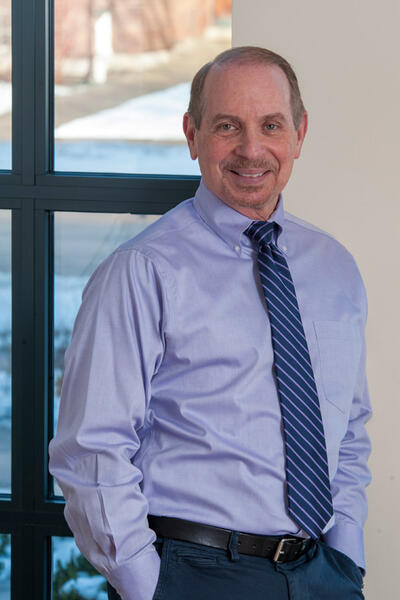“Our ability to hurt each other is enormous, but nowhere is it more powerful than in families, so nowhere are apologies more frequently needed — and resisted."1
Children profit when we teach them two dimensions of being vulnerable: The first is saying “ouch” when we’ve been injured by their unkind words or actions (see Emotional Honesty). We often give our kids a pass when they demean our cooking or mock our viewpoint or deliver a hostile hand gesture. Instead of saying “Ouch, that’s really hurtful,” we show them anger (“Don’t talk to me that way!”) and deliver a lecture or scolding.
The second lesson we can teach comes from saying “I’m sorry” when we’ve hurt them. We grab a stubborn child by the arm and pull her toward the door, and when we grab too hard and she cries out, we tell her we wouldn’t have had to be so rough if she’d been obedient in the first place. We don’t apologize. Sometimes we lose our patience and exclaim, “You’re such a brat!” Afterwards, we might feel some guilt about what we said but it may not occur to us to apologize.
Both “That’s hurtful!” and “I’d like to apologize” are ways we make ourselves vulnerable — not always easy to do with our kids. To apologize — to admit that we erred — can seem like we’re giving up our parental power, relinquishing our authority and losing status. Some of us mistakenly regard apologizing as revealing weakness and setting ourselves up for our children to take advantage of us. Not so. (Read about the elements of a true apology here.)
Making amends to our kids takes courage. It’s something our children need from us in order to learn how it’s done. If they learn it while they’re young, it will serve them well for the rest of their lives. To boot, maybe they’ll offer us an apology when we say “Ouch, that hurts!” Wouldn’t that be nice?
(Watch how one mother expresses hurt and later coaches her daughter about the value of an apology.)
1. Tannen, Deborah. I Only Say This Because I Love You. Random House Digital, Inc. May, 2002.

